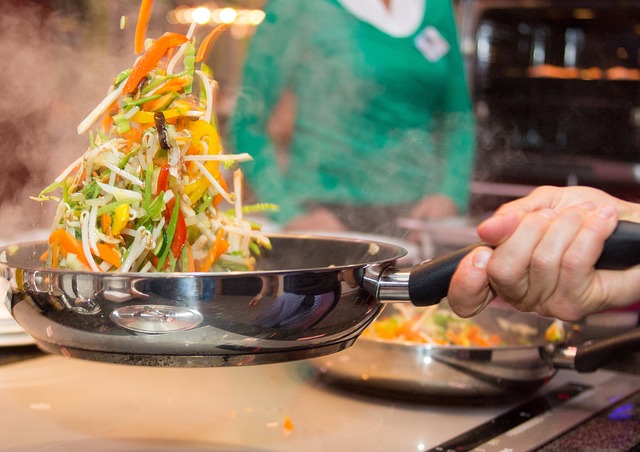What is Meal Prep?
In our busy lives, finding the time to cook healthy meals can feel like a daunting challenge. Meal prep offers a simple solution to save time, reduce stress, and stay on track with your health goals. Whether you’re a fitness enthusiast, a busy parent, or simply someone who wants to eat healthier, meal prepping can transform your relationship with food.
Meal prep involves preparing and portioning meals or ingredients in advance, so they’re ready to eat or cook throughout the week. It’s a method designed to help you save time, control portions, and avoid the temptation of unhealthy last-minute meals.

The Benefits of Meal Prep
- Saves Time
- Cooking meals in bulk means fewer hours spent in the kitchen during the week. With everything ready to go, you can enjoy home-cooked meals without the daily hassle.
- Promotes Healthy Eating
- When meals are pre-planned, you’re less likely to grab unhealthy takeout or processed snacks. Meal prep keeps you on track with your nutrition goals.
- Portion Control
- Pre-portioning meals ensures you consume the right amount of food, preventing overeating and supporting weight management.
- Reduces Food Waste
- By planning your meals, you only buy what you need, minimizing food waste and saving money.
- Saves Money
- Cooking at home is far more cost-effective than eating out. Meal prep also helps you stick to a budget by avoiding impulsive purchases.
How to Get Started with Meal Prep
- Plan Your Meals
Decide what you want to eat for the week. Include a balance of proteins, healthy fats, carbohydrates, and vegetables. - Make a Grocery List
Once you’ve planned your meals, write a list of ingredients. Stick to your list when shopping to avoid overspending. - Choose a Prep Day
Set aside a day to prepare your meals. Many people prefer Sundays or Mondays to kick off the week. - Batch Cook
Cook large portions of versatile ingredients like chicken, rice, and roasted vegetables. You can mix and match them throughout the week to create different meals. - Invest in Storage Containers
Use high-quality, reusable containers to store your meals. Clear, stackable containers make it easy to grab and go. - Label and Organize
Label your meals with the date and name of the dish to keep everything fresh and organized in your fridge or freezer.
Meal Prep Ideas to Try
- Breakfast: Overnight oats, egg muffins, or smoothie packs.
- Lunch: Grilled chicken with quinoa and steamed veggies, or a hearty salad with chickpeas and avocado.
- Snacks: Pre-cut fruits, nuts, or veggie sticks with hummus.
- Dinner: Stir-fried tofu and rice, baked salmon with sweet potatoes, or a slow-cooker chili.
Tips for Success
- Start small: Prep just one or two meals a week until you build the habit.
- Keep it simple: Choose recipes that are easy to make and require minimal ingredients.
- Be flexible: Swap ingredients based on what’s in season or on sale.
- Stay consistent: Make meal prep part of your routine, and it will soon feel effortless.
Conclusion
Meal prepping is more than just a trend—it’s a lifestyle shift that empowers you to save time, eat healthily, and reduce stress. By dedicating a few hours each week to planning and preparing meals, you can take control of your diet and enjoy the benefits of better nutrition and more free time.
So grab your grocery list, pick a prep day, and start your meal prep journey today. Your future self will thank you!
What are your favorite meal prep tips or recipes? Share them in the comments below!
